Building an author platform continues to be a key challenge for people who want to get their work out to a wider audience. One piece in the ongoing task of becoming better known is an author website.
Ken wrote this to me in response to a recent post on Andy Unedited:
One thing that is clear is that I need to make an author website and build a following. One puzzle here is what to put on a home page when you don’t have a relevant book cover to put on the home page. While I find it puzzling, I’ve been told that readers, even those reading non-fiction books, want to be entertained more than they want information. That suggests a home page graphic that is entertaining, even if it has nothing to do with the subject of my writing or my site. Is that an accurate characterization of nonfiction Christian readers?
 We have all become very attuned to how things look. Our design sensitivities have been heightened in recent decades. Apple has probably had as much to do with this as anything with the beautiful minimalism that distinguishes its products. So, yes, a blog or website has to have a certain level of sophistication and eye appeal. But it doesn’t have to be expensive or over the top.
We have all become very attuned to how things look. Our design sensitivities have been heightened in recent decades. Apple has probably had as much to do with this as anything with the beautiful minimalism that distinguishes its products. So, yes, a blog or website has to have a certain level of sophistication and eye appeal. But it doesn’t have to be expensive or over the top.
Bad or clunky design can distract from your content. Simple and clean is the name of the design game today. Complication is not necessary. That can make it look like you are trying too hard. Design can be beautiful in and of itself, but design should also smooth the way to your content rather than detract from it.
Content is still king, however. People won’t come back to your blog or website if they don’t find what they need or what they enjoy. To entertain doesn’t mean you have to be sitcom humorous or Masterpiece Theater dramatic. Rather be true to yourself while giving readers helpful and interesting content that is appropriately entertaining for your audience and for what you have to say.
One of the best ways we can be sure our audience sticks with us is by working hard at our craft of writing. Watch out for clichés. Use interesting images and metaphors. Have a mix of short and long sentences. Be clear and be thought provoking.
What elements can an author website include? Kimberley Grabas offers some helpful ideas. Here are a few:
• An “About Me” section. Something that tells us not only your biography. But give more than just a resume. Make it human—where you grew up, your interests, and more.
• A blog. A web page can’t be static. New content needs to be included on a regular basis.
• What you’ve written. Generally I don’t think it is necessary to have a website devoted to one book. Include information on all your writings, whether in books, blogs, magazines or elsewhere. Provide links where that is possible to purchase or read them.
• Resources. Include links to the content areas you are most interested in that could be of value to your readers.
• Travel, speaking, news. Show upcoming dates and places you will be presenting or teaching, whether in person or virtually. You can also post upcoming or recent interviews, publications, awards, and the like.
• Sign up. Give people an opportunity to sign up for email notices, newsletters, etc.
• Social media page. Note the links where people can find you on Twitter, Facebook, Instagram or the like.
• Testimonials. Include comments from people who endorse what you’ve had to say and the value you have provided.
Remember: Readers don’t want to be pandered to or patronized. Respect your audience. But also realize they are distracted by hundreds of demands on their attention. Get to the point in an attracting way.
—
photo credit: Pixabay Free-Photos (macbook)
 A few days later, when Mary and Joseph present the infant Jesus in the temple, they were met by an old man named Simeon. God had promised him he’d see the Messiah before he died. When he saw the trio he took Jesus in his arms and said:
A few days later, when Mary and Joseph present the infant Jesus in the temple, they were met by an old man named Simeon. God had promised him he’d see the Messiah before he died. When he saw the trio he took Jesus in his arms and said:

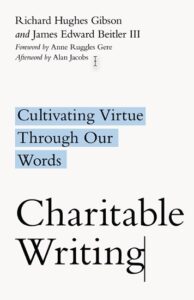
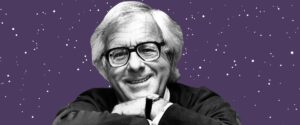 Advice That’s Out of This World
Advice That’s Out of This World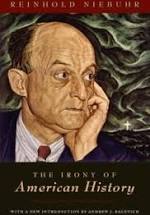
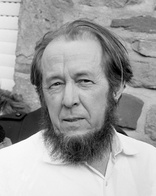 Throughout the book Niebuhr is a penetrating critic of communism’s flaws and failings, saying, for example, “Communism is a vivid object lesson in the monstrous consequences of moral complacency about the relation of dubious means to supposedly good ends” (p. 5). Yet he is also clear-eyed about how the American experiment can go haywire.
Throughout the book Niebuhr is a penetrating critic of communism’s flaws and failings, saying, for example, “Communism is a vivid object lesson in the monstrous consequences of moral complacency about the relation of dubious means to supposedly good ends” (p. 5). Yet he is also clear-eyed about how the American experiment can go haywire.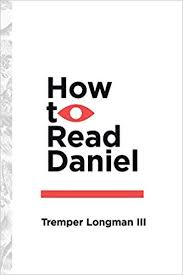
 His final two chapters are especially valuable on how to read Daniel as 21st-century Christians in hostile cultures. He notes there is no “one-size-fits-all formula for how . . . to interact with powerful forces that are not friendly to our religious values.” Sometimes Daniel and his friends respond only in private and sometimes in public. Sometimes they seek to persuade rather than confront. “The one thing that is clear and consistent is that they do not go out of their way to offend the authorities” (148). Instead they use wisdom and civility while remaining faithful in difficult circumstances.
His final two chapters are especially valuable on how to read Daniel as 21st-century Christians in hostile cultures. He notes there is no “one-size-fits-all formula for how . . . to interact with powerful forces that are not friendly to our religious values.” Sometimes Daniel and his friends respond only in private and sometimes in public. Sometimes they seek to persuade rather than confront. “The one thing that is clear and consistent is that they do not go out of their way to offend the authorities” (148). Instead they use wisdom and civility while remaining faithful in difficult circumstances. 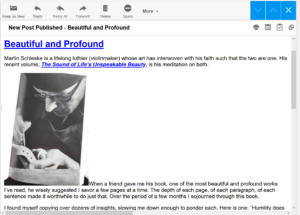 Some of you who subscribe to Andy Unedited have mentioned that the font size is small in the email alert you receive. If you just click on the headline of the blog found in the email, you will be sent to the blog website which is much more readable. (So, for example, if you get this in an email, put your cursor on “Tuesday Round Up” in the email and then click! Easy as eating pumpkin pie.)
Some of you who subscribe to Andy Unedited have mentioned that the font size is small in the email alert you receive. If you just click on the headline of the blog found in the email, you will be sent to the blog website which is much more readable. (So, for example, if you get this in an email, put your cursor on “Tuesday Round Up” in the email and then click! Easy as eating pumpkin pie.) My wife and I recently rented the DVD of this gripping story of two British soldiers in World War I who make an amazing 24-hour journey to deliver a message that could save hundreds of lives. The unusual use of only one camera during the entire film heightens not only the immersive immediacy of the movie but the dogged courage of this pair.
My wife and I recently rented the DVD of this gripping story of two British soldiers in World War I who make an amazing 24-hour journey to deliver a message that could save hundreds of lives. The unusual use of only one camera during the entire film heightens not only the immersive immediacy of the movie but the dogged courage of this pair.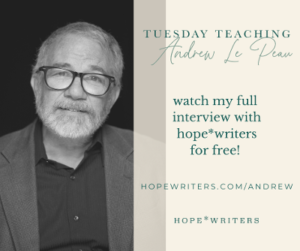
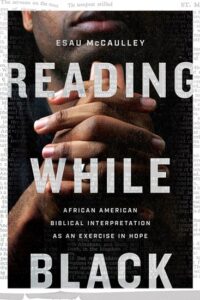
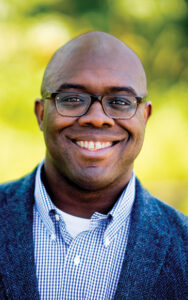
 When a friend gave me his book, one of the most beautiful and profound works I’ve read, he wisely suggested I savor a few pages at a time. The depth of each page, of each paragraph, of each sentence made it worthwhile to do just that. Over the period of a few months I sojourned through this book.
When a friend gave me his book, one of the most beautiful and profound works I’ve read, he wisely suggested I savor a few pages at a time. The depth of each page, of each paragraph, of each sentence made it worthwhile to do just that. Over the period of a few months I sojourned through this book.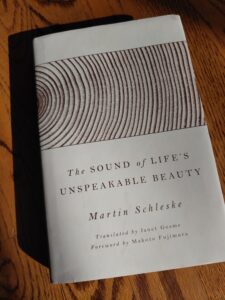
 And what is the difference between giftables and gifts? Two extraneous syllables and four unnecessary letters! What could possibly justify creating a gratuitous adjective just to make it into a noun? And don’t get me started on using too many exclamation points!
And what is the difference between giftables and gifts? Two extraneous syllables and four unnecessary letters! What could possibly justify creating a gratuitous adjective just to make it into a noun? And don’t get me started on using too many exclamation points!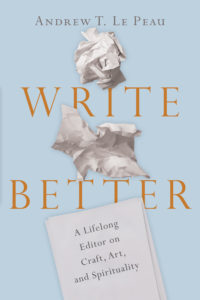
 We have all become very attuned to how things look. Our design sensitivities have been heightened in recent decades. Apple has probably had as much to do with this as anything with the beautiful minimalism that distinguishes its products. So, yes, a blog or website has to have a certain level of sophistication and eye appeal. But it doesn’t have to be expensive or over the top.
We have all become very attuned to how things look. Our design sensitivities have been heightened in recent decades. Apple has probably had as much to do with this as anything with the beautiful minimalism that distinguishes its products. So, yes, a blog or website has to have a certain level of sophistication and eye appeal. But it doesn’t have to be expensive or over the top.